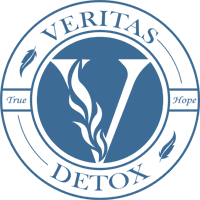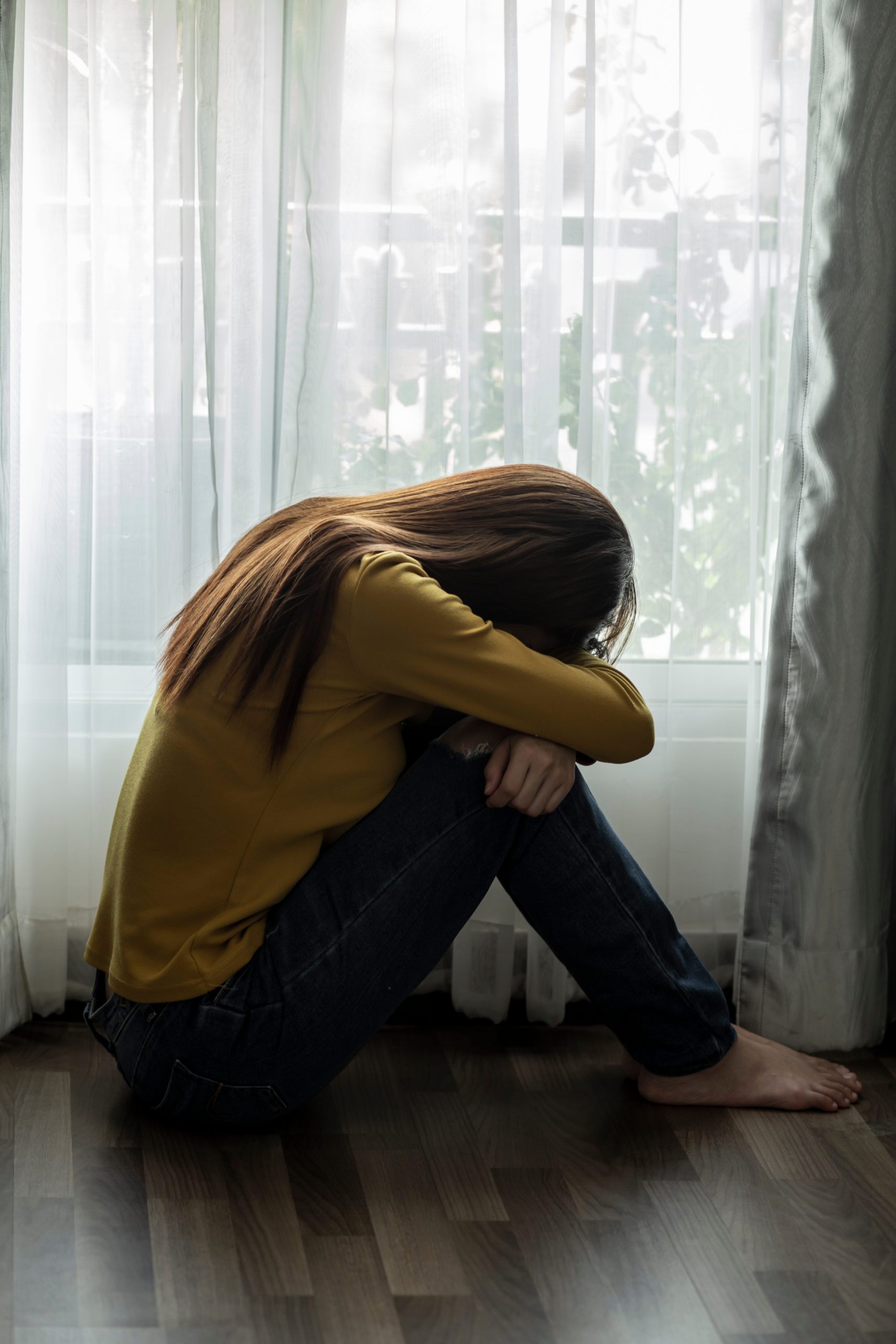Millions of people struggle with depression around the world. Left untreated, depression can interfere with your health, quality of life, and relationships for the worse. Not to mention, individuals struggling with both addiction and depression can impact one’s recovery journey. In this article, you’ll learn more about coping with depression in sobriety and why it’s important not to ignore your depression symptoms.
At Veritas Detox, we are a top-rated drug and alcohol detox center committed to helping patients effectively break free from addiction for good. Using a personalized approach, we help patients safely overcome addiction so they can progress along their sobriety journey and lead a healthier, happier quality of life. Contact us today to learn more about how we can support your road to recovery.
5 Ways to Cope with Depression in Sobriety
Coping with depression in sobriety is essential. This is because, left untreated, depression runs the risk of increasing your risk of relapse. Below are several ways in which you can effectively cope with your depression symptoms.
1. Seek Professional Mental Health Treatment
First, it’s important not to bottle up your emotions or struggles with depression. If you are struggling with signs of depression, like feelings of constant sadness, hopelessness, or unworthiness, it’s critical you discuss these symptoms with a mental health professional. A mental health professional will be able to provide you with a diagnosis and an action plan to start addressing your symptoms, rather than trying to hide or ignore your symptoms.
2. Get Consistent, Quality Sleep
Next, it is critical to get consistent, quality sleep each night. Sleep is oftentimes an overlooked component when understanding your overall health and well-being. Unfortunately, consistently getting a lack of sleep is bad for your physical and mental health, and can be detrimental to you effectively progressing along your sobriety journey. Therefore, while it may sound simple, it is critical to examine your current sleep patterns to better understand if you can get better quality of sleep, as this can greater improve your mental health.
3. Prioritize Healthy Lifestyle Habits
Another way of coping with depression in sobriety is prioritizing healthy lifestyle habits such as getting regular exercise, eating a healthy diet, and spending quality time with loved ones. If you are constantly engaging in negative, unhealthy habits and not spending time with your loved ones, this can increase your risk of experiencing depression symptoms and can harm your road to recovery.
4. Journal and Reflect on Your Recovery Progress
Journaling and reflecting on your recovery progress and celebrating your progress are more ways in which you can cope with depression symptoms in sobriety. Sometimes, it can be easy to overlook all the progress you’ve made. Or, you can compare your journey to another individual’s recovery journey. Both of these situations are harmful to your overall recovery journey. Therefore, consider keeping a journal to not only get your thoughts down on paper, but also help track your progress.
5. Practice Hobbies That Bring You Joy and Fulfillment
Finally, when coping with depression in sobriety, it’s important to practice hobbies that can bring you joy and fulfillment. For instance, if you like to run or work out, consider joining a running club or being more active in your gym. If you find you enjoy reading, hiking, creating art, or any other healthy hobby, these are all great ways to cope with depression symptoms in a healthy way that can also support your addiction recovery journey.
Help Is Available
Now you know more about coping with depression in sobriety. Not addressing your depression during your addiction recovery journey increases your risk of relapse. This is why it’s essential to seek professional dual diagnosis treatment if you suspect you may be struggling with both a substance use disorder and mental illness. You should never feel afraid or ashamed to ask for help in leading a healthier, happier life.
At Veritas Detox, we are a luxury alcohol rehab that provides personalized treatment to help patients safely detox and overcome addiction. No two recovery journeys are ever the same. That’s why we provide a comprehensive range of treatment options to ensure you receive the right care to safely overcome your addiction for good. Ready to start your recovery journey? Contact us today!










